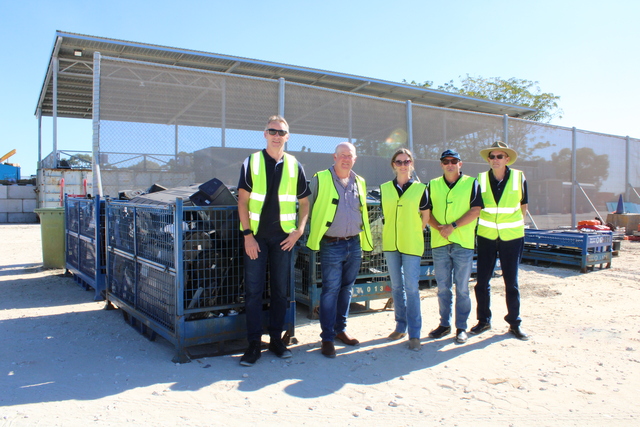As a nation we place enormous faith in the ability of economic growth to make us feel happier. Yet in his Keynote Address at the National Assembly, Dr Clive Hamilton, Executive Director of The Australian Institute, stated there is very little evidence to validate this widely held belief.
“Let’s face it, this belief in growth is perhaps the most powerful belief shared by our political leaders, business people and commentators,” Dr Hamilton said. “As elected Councillors and officials in Local Government your task is to make people happy, or at least eliminate causes of unhappiness. Your aim is to improve the well being of your community.”
He questioned the analogy that more growth automatically leads to increased happiness. Using a Comparison of Australia and Japan, he said that, in spite of the higher growth rate in Japan, Australians in fact are better off because they can buy more with what they earn, they work shorter hours and take longer holidays.
Similarly, he said that the belief more money means greater happiness is also debatable. The people who express high levels of well being generally have a greater sense of meaning or purpose in their lives.
“We see medical breakthroughs prolonging life, technology allowing us to do things better and faster, cities growing, athletes breaking new records and our GDP rising,” he said. “There is a presupposition that life should be getting better. But is it?”
He pointed to a recent study which found 52% of Australians believe life is getting worse, while only 13% said that it was getting better.
“Even though GDP keeps rising, most people believe that life is getting worse,” he said. “The broad conclusion from all this is that as incomes rise, income and economic factors become less important to well being.
“Despite all this evidence, more than ever before, economic growth is still the touchstone of policy success.
“Every newspaper, everyday, quotes a political leader or commentator arguing that we need more economic growth to improve our level of national well being, to build a better society. But if growth is so good for us why are things getting worse?”
Dr Hamilton said that using GDP as a measure of prosperity fails because it only takes account of things that pass through markets and ignores everything else. He advocates the use of GPI (General Progress Indicator) which includes social and environmental factors.
Challenging the preoccupation with ‘economic reform’, a number of writers are now asking whether the social costs of economic rationalism have been worth the supposed benefits in terms of higher GDP growth.
“The answer is not to reject growth as such, but to go beyond the obsession with economic growth and focus on things that really can improve well being in Australia,” he said.
“The answer is to redefine progress in terms of richness of our community and personal lives, and the quality of the natural environment, rather than a never ending expansion of resource use and material consumption.
“We live in a society not an economy and the purpose of an economy is to serve the people.”







